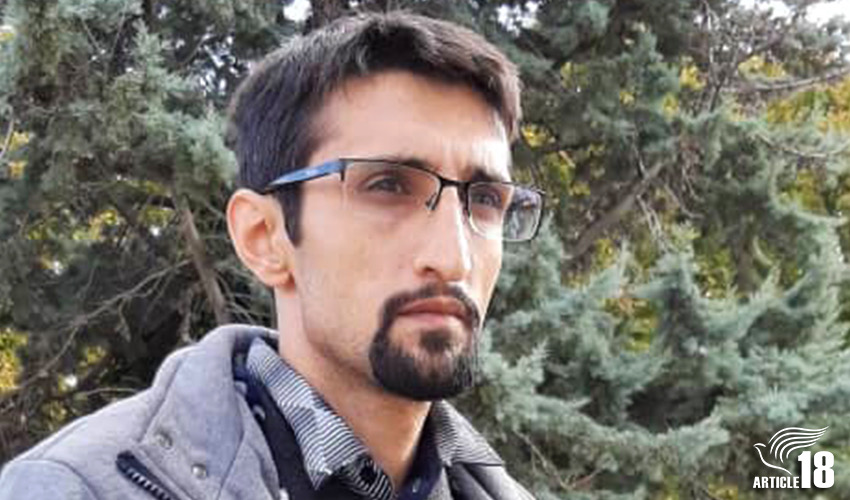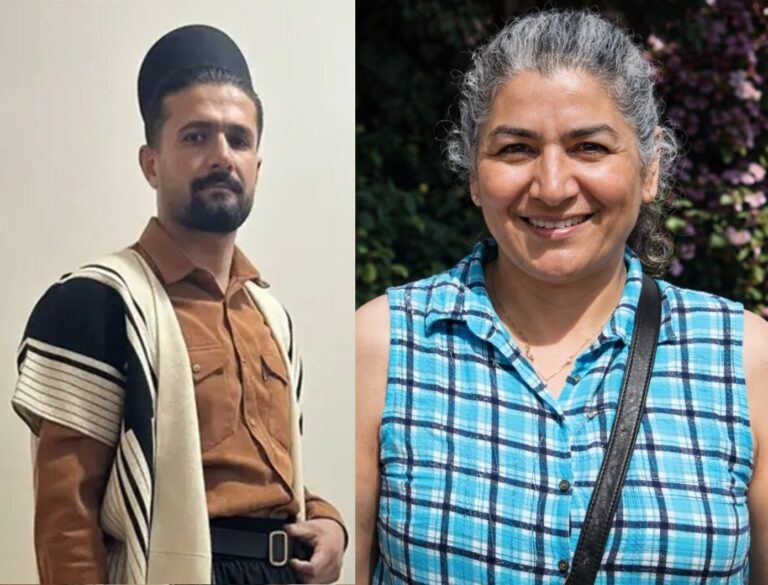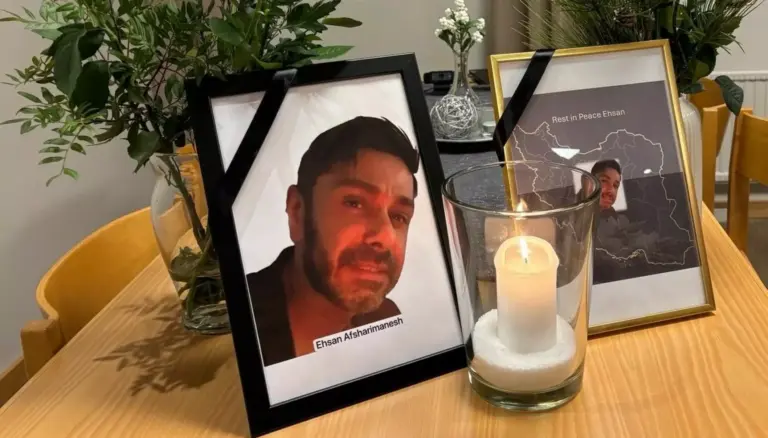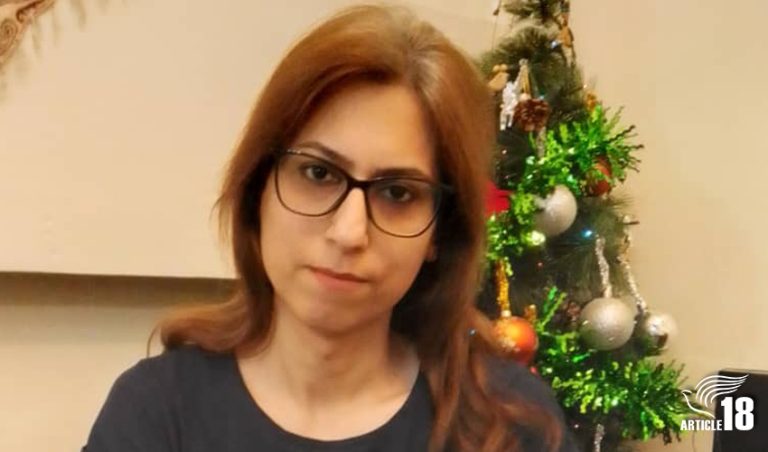
Iranian Christian convert Ebrahim Firouzi has already spent six years in prison followed by nearly a year in internal exile 1,000 miles from his home.
Now, just two days ago, on Sunday 27 September, the 33-year-old was summoned to the local prosecutor’s office to face fresh charges which could have led to another prison sentence of up to six years.
The prosecutor, after listening to Ebrahim for just 10 minutes, dismissed the claims against him, but Ebrahim has spoken to Article18 of the dismay he feels at the continuing pressure placed upon him by intelligence agents, even in exile.
“The reports by agents from the Ministry of Intelligence was the only ‘evidence’ against me, which was just a bunch of unsubstantiated claims with nothing to support it,” Ebrahim told Article18.
Ebrahim had been summoned on new charges of “insulting the sacred”, which carries a maximum five-year custodial sentence, and “propaganda against the state through promoting the Christian faith”, which can be punished with up to a year in prison.
This isn’t the first time Ebrahim has faced such charges. His initial 10-month prison sentence, after his arrest way back in 2011, followed charges of “propaganda against the regime, insulting Islamic sacraments, and acting against national security”.
He was later acquitted.
But when he was re-arrested in March 2013, Ebrahim faced fresh charges of “propaganda against the regime by establishing and organising Christian gatherings” and “having contacts with anti-revolutionary networks outside Iran”, which resulted in a one-year prison sentence, followed by two years in exile. Then, when it came to be time for Ebrahim’s release, in January 2015, instead of being sent into exile, Ebrahim was retried on new charges of “gathering and collusion” and “actions against national security”, which resulted in a fresh five-year sentence.
When eventually Ebrahim was released from prison, in October last year, he was given just two weeks at home before being sent into exile. Then, when he travelled back home from exile to sort out some family affairs – related to his mother’s death while he was in prison – Ebrahim’s exile was extended by an additional 11 months.
He is still not set to attain his freedom for another two years, but intelligence agents continue to harass him and seek to condemn him to yet further punishments.
Why the new charges?
“They accused me of ‘insulting the sacred’,” Ebrahim explained to Article18, “but I asked whether there was any shred of evidence to prove this, or any report by the locals to back this up.
“Since my first arrest and trial, the charge of ‘insulting the sacred’ has been automatically brought against me, but in all my previous trials I have been acquitted from this charge as there has never been any evidence to support the claim.”
Ebrahim also challenged what evidence the intelligence agents had brought to the prosecutor to charge him with “propaganda against the state”.
Again, there seemed to be none.
The prosecutor then quizzed Ebrahim on why he had contacted “foreign” media outlets such as Article18, to which Ebrahim responded that he had a right to freedom of speech and that he had not been given the opportunity to tell his version of events to any national media outlets.
Ebrahim was then asked why a handful of Bibles had been posted to him, to which he responded that he had not ordered the Bibles and could not be held accountable for someone else’s actions in sending them to him. “Wasn’t this a question for the sender?” he asked.
Ebrahim finally explained to the prosecutor that even though he had now spent seven years in imprisonment and exile, he had never acted against the law – neither in prison or exile – but had been constantly harassed by intelligence agents, even in exile.
He added that he had been advised by his pastor to use his time in exile for personal growth through online theological studies, but that now his laptop and mobile phone had been confiscated from him and therefore he had been deprived even of this opportunity.
The prosecutor responded that the contents of his devices would be investigated and may then be returned in a couple of months, depending on the results of the investigation.
Finally, the prosecutor dismissed the case against Ebrahim and advised him against any further evangelism or promotion of the Christian faith.



0 Comments
Trackbacks/Pingbacks